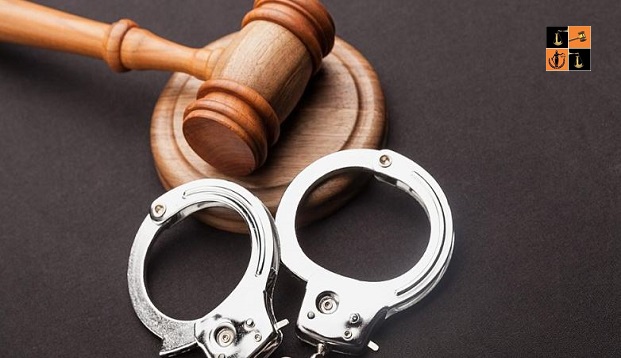The Delhi High Court, in a recent ruling, underscored that the filing of a chargesheet alone is not the sole criterion for granting bail in a criminal case. Justice Saurabh Banerjee, while denying bail to a 19-year-old boy implicated in a gang rape case, emphasised that this consideration must be coupled with a thorough examination of the facts and circumstances surrounding the case. The court made these observations in light of the severity of the offences and the gravity of the punishment involved.
Brief Facts of the Case:
In the case before the Delhi High Court, a 19-year-old boy sought bail in the context of a serious gang rape accusation, entailing charges under various sections of the Indian Penal Code, including Sections 323, 328, 343, 376D, 376(2)(n), 506, 509/l, and 120B.
Contentions of the Parties:
The complainant alleged that she had been forcefully intoxicated and restrained while the accused, alongside two co-accused individuals, lured others into engaging in sexual relations with her for monetary gain. The distressing incidents persisted over an extended period of nearly two years.
The defence, represented by the applicant's counsel, argued for bail, highlighting the young age of the accused (19 years) and his hitherto clean antecedents. Additionally, the defence underscored an inordinate and unexplained delay of approximately 31 months in the registration of the First Information Report (FIR). In contrast, the prosecution vehemently opposed the bail plea, contending that the complainant had levelled grave accusations against the applicant. The prosecution portrayed the accused as the orchestrator of the illicit activities, asserting that he actively facilitated multiple individuals in engaging in sexual intercourse with the complainant in exchange for money.
Observations by the Court:
Despite the chargesheet having been filed in the case, the court, in its deliberations, considered the complainant's consistent statements both before the police and the magistrate. These statements not only implicated the accused by name but also attributed a specific role to him in the alleged crimes. The court expressed concern over the accused's purported involvement with the co-accused individuals, underscoring the absence of plausible reasons or explanations for such involvement. Justice Saurabh Banerjee, delivering the court's decision, noted that these aspects would be subject to further examination during the trial.
The court, relying on precedent-setting judgments of the Supreme Court, elucidated the pivotal factors to be considered when assessing a bail application. The conditions, as laid down by the Hon’ble Supreme Court in cases such as Prasanta Kumar Sarkar vs. Ashis Chatterjee, State of Uttar Pradesh vs. Amaramani Tripathi, and Deepak Yadav vs. State of Uttar Pradesh, are deemed paramount in determining the eligibility of any accused, including the applicant, for bail.
The enumerated conditions encompass a comprehensive evaluation, commencing with the establishment of prima facie or reasonable grounds to believe that the accused has committed the alleged offence. The nature and gravity of the accusation, a critical factor in assessing the severity of the potential punishment upon conviction, also feature prominently in the court's considerations.
Furthermore, the court scrutinised the risk of the accused absconding or fleeing should bail be granted, acknowledging that such flight could jeopardise the course of justice. The character, behaviour, means, position, and standing of the accused are pivotal aspects weighed in the decision-making process.
The court extended its evaluation to the likelihood of the offence being repeated, emphasising the importance of preventing any potential recurrence. The reasonable apprehension of witnesses being influenced adds another layer of complexity to the assessment, highlighting the potential impact on the trial proceedings. Lastly, the court underscored the overarching danger that the grant of bail might thwart the course of justice, accentuating the need for a meticulous and judicious examination of each bail application in light of these multifaceted considerations.
The Decision of the Court:
The court dismissed the bail application observing that the accused were at flight risk and such flight could jeopardise the course of justice.
Case Name: Keshav Prakash Gupta vs. State NCT of Delhi
Coram: Hon'ble Mr. Justice Saurabh Banerjee
Case No.: Bail Appln. 665/2023
Advocates of the Applicant: Mr. Sanjiv Kumar Gill, Mr. Vipin Rana, Ms. Ritu and Mr. Shyamendra Kumar, Advocate
Advocates of the Respondent: Meenakshi Dahiya, Additional Public Prosecutor for the State with Insp. Narender Kumar, PS. Bhajanpura
Read Order @LatestLaws.com
Picture Source :


























